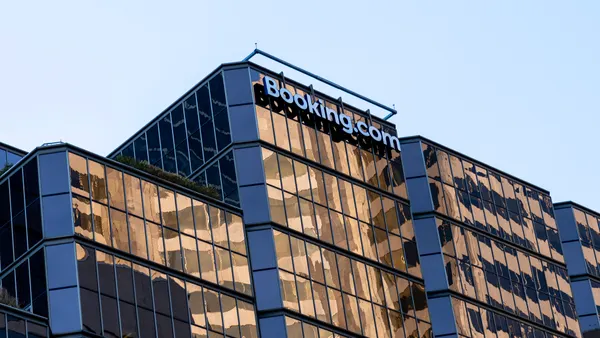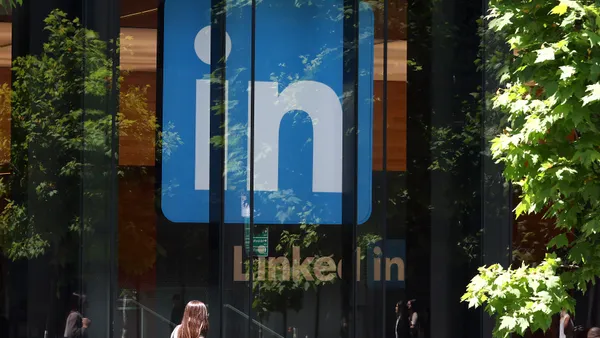Dive Brief:
- Almost 60% of recently hired employees in a new Clutch survey, Statistics on the Average Job Search in 2018, landed their new jobs within two months of the job search. Clutch, a business-to-business analyst and marketing firm, said the tight labor market is forcing recruiters to speed up the time-to-hire process in the competition for talent.
- Almost half of new hires (43%) said they were offered a job in less than two weeks after beginning the application process. With the strong competition for talent, slightly more than half of the survey respondents applied to five jobs or fewer.
- Almost all newly hired employees (91%) said the interview process influenced their general opinion of an employer. Survey authors recommended employers monitor their online ratings, as candidates are also influenced by what they read on sites like Glassdoor, the report said.
Dive Insight:
The tight labor market is pressuring employers to raise wages, offer more generous benefits and compete even harder for candidates. But speeding up the recruiting process is one of the more advantageous changes businesses can make. As this survey pointed out, the employer's costs escalate the longer a position goes unfilled. In fact, shortening the time-to-hire process has become a priority for more companies, according to a recent Spark Hire study. About half of survey respondents said their recruiting process takes one to two weeks, while a quarter said it takes 15 to 30 days. Many said they want to cut down on that time, even companies who reported the shortest time frames.
Despite the cost-effectiveness of a shortened time-to-hire processes, risks are involved. Companies must ask whether fast hiring decisions could raise the chance of attracting lower-quality candidates. A bad hire means restarting the hiring process at a higher cost. To lower the risk, companies can use screening technology to better choose applicants and more thoroughly scrutinize candidates who make it through to the interview process.
Companies may not want to dismiss warnings about the need to monitor their online ratings. Job seekers routinely view sites like Glassdoor for insights into the culture and working conditions at a particular company, and they regularly pass over employers with low ratings.













